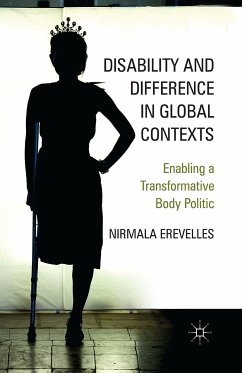
Self, Identity, and Social Institutions (eBook, PDF)
Versandkostenfrei!
Sofort per Download lieferbar
52,95 €
inkl. MwSt.
Weitere Ausgaben:

PAYBACK Punkte
26 °P sammeln!
This book shows how the individual constructs a self from the thousands of colloquial identities provided by a society's culture, and reveals how the individual actualizes and sustains an integrated and stable self while navigating the sometimes treacherous waters of everyday institutional life.
Dieser Download kann aus rechtlichen Gründen nur mit Rechnungsadresse in A, B, BG, CY, CZ, D, DK, EW, E, FIN, F, GR, HR, H, IRL, I, LT, L, LR, M, NL, PL, P, R, S, SLO, SK ausgeliefert werden.












